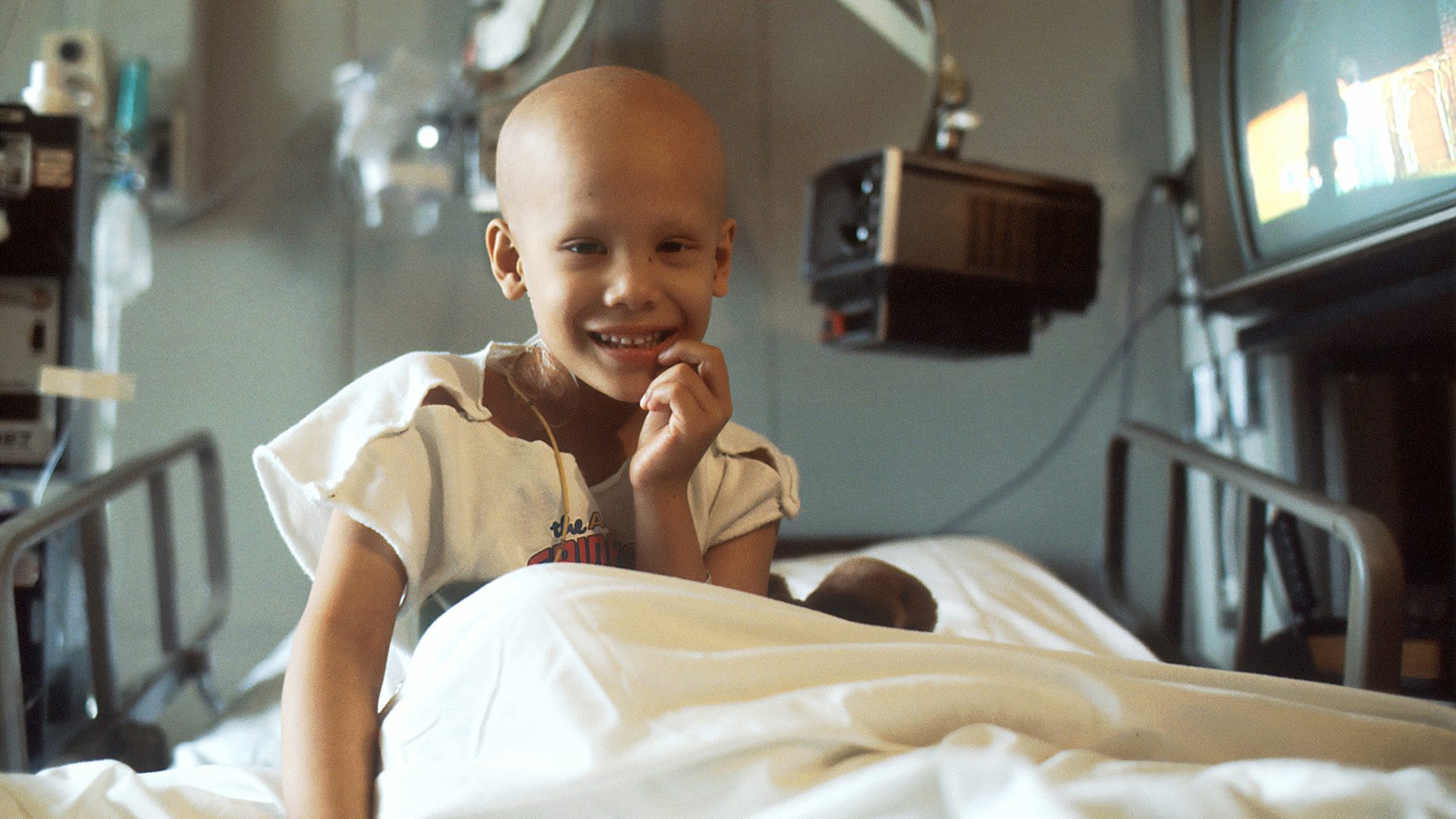Fertility for Prepubescent Girls with Cancer

Before Cancer Treatment
You should always talk to your daughter’s health care team to discuss the risks and benefits of any procedure, including the ones listed in this article. If your daughter has not yet entered puberty, she cannot freeze eggs or embryos. However, there are other medically experimental and standard options that and are available.
Ovarian Tissue Freezing
Prior to treatment, health care providers can surgically remove either part of an ovary or an entire ovary, which is then frozen and stored. After treatment is completed, the tissue can be thawed and re-implanted. While this procedure is still considered experimental and could present the risk of reintroduction of cancer cells in successful transplants, the tissue will produce hormones and maturing eggs. You can read more about this procedure in the Fertility Preservation Options for Women article.
Ovarian Transposition
This preservation option involves surgically moving the ovaries out of the radiation field to minimize exposure and damage. The ovaries are later moved back into their original position after treatment is completed.
Pelvic Shielding
If your daughter is undergoing radiation, external shields can be placed over her pelvic and abdominal area. This is called pelvic shielding and can decrease the amount of radiation received by her ovaries. This procedure is considered standard for patients undergoing radiation treatment.
After Cancer Treatment
Cancer treatment may affect your daughter’s future growth and development. Early puberty or premature ovarian failure may be a side effect of her treatments. In girls, puberty normally begins between the ages of 9 and 15.
If your daughter begins her period without the aid of hormone replacement therapy, then a hormone test or ultrasound can be administered to help determine her fertility status.
Hormone Replacement Therapy
Premature ovarian failure occurs if your daughter’s egg supply is damaged or destroyed by chemotherapy or radiation. If this occurs, she may require hormone replacement therapy (HRT) in order to start puberty and menstruation. In most young adult female cancer survivors, the birth control pill can be used as HRT.
If your daughter begins her period without the aid of HRT a hormone test or ultrasound can be administered to help determine her fertility. Until your daughter is ready to become a mother, she should continue to use contraceptives to avoid pregnancy and protect against sexually transmitted diseases.
Fertility Preservation After Treatment
As a result of cancer treatment, your daughter may find herself entering menopause earlier in life than expected. Thus, she may want to consider fertility preservation options that were unavailable prior to her reaching puberty.
Fertility preservation options include:
- Embryo freezing
- Egg freezing
- Ovarian tissue freezing
You can learn more about fertility preservation in the Fertility Preservation Options for Women article.
Pregnancy After Cancer
It is the general consensus of the medical community that pregnancy after cancer is safe and will not increase your daughter’s risk of recurrence. However, previously undetected damage to her heart or lungs as a result of cancer treatment may become factors due to the added physical stress of pregnancy. In addition, if she received pelvic radiation, she may be at risk for certain pregnancy complications. It is recommended that an ultrasound be performed to avoid these issues from remaining undetected.
In general, all women treated for pediatric cancer should consult a high-risk obstetrician before attempting to get pregnant. If she is fertile the option to conceive naturally or through Assisted Reproductive Technology (ART) may exist. Many proven, successful options exist for cancer survivors who want to have children. When your daughter is ready to be a mother, it is possible that there will be even more choices available. If she is infertile or unable to carry a pregnancy, she may want to consider options such as donor eggs or embryos, surrogacy or adoption. More information is available in the Parenthood Options for Women article.

